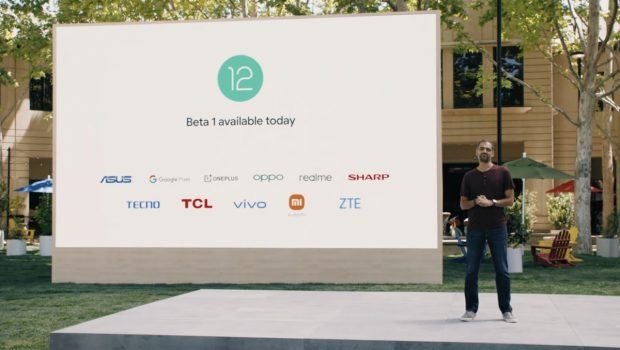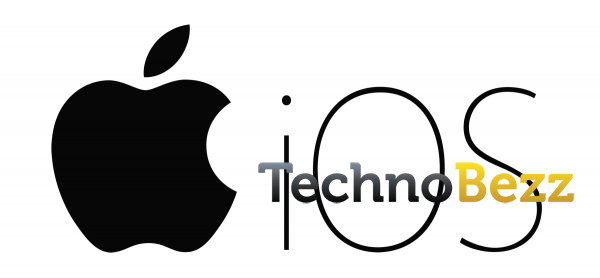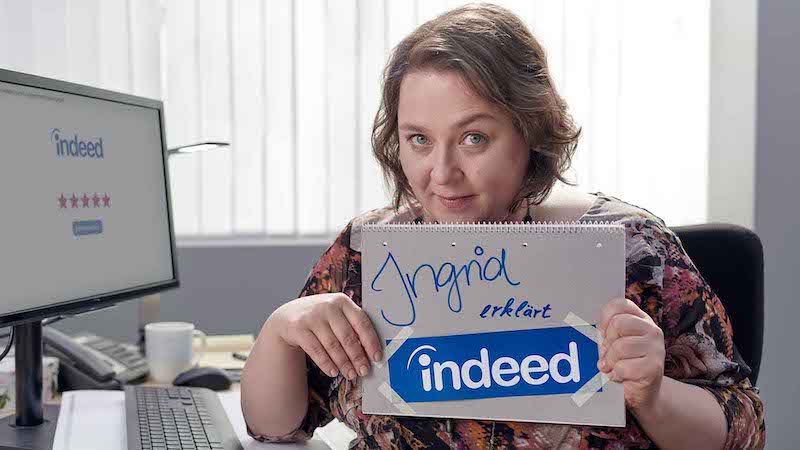Google announces the biggest design update since 2014
In the course of its developer conference Google I / O 2021, Google announced a major redesign and new functions for Android 12. The first public beta is also available for download.
Between March and April 2021, Google released developer preview versions of Android 12 with all sorts of small and large new features. With the first beta version, which Google has now presented at I / O 2021, the company is revealing its largest design update to date for Android, as was partially leaked in advance. The radically new design, which Google calls “Material You”, will be rolled out to all product lines as well as the new Wear OS in the long term. With Android 12, however, Google has many more new features ready.
Contents
Material You: Android 12 with a new design
With Material You, Google wants to help you personalize your Android smartphone even more and adapt it to your own wishes. Google speaks of “Form Follows Feeling” as one of the concepts behind the new design language that will replace the material design introduced in 2014. The design of the smartphone, the system and apps, should in future follow the user’s preferred color palette, which is extracted from the selected screen background. The colors are also reflected in the revised control elements, which in turn can be extensively individualized.
The widgets, the notification bar and the quick settings have also been revised with playful animations and intuitive operation. The quick settings also include Google Play and the smart home control, which were last integrated into the power button menu with Android 11. In the future, the Google Assistant can no longer be started with a cumbersome swipe gesture in addition to the hotword “Ok Google”, but the power button.

Furthermore, Android should also become more dynamic with the major update, which will be realized through new animations, among other things. Google has also simplified the interactions and redesigned the entire underlying system. This should make the user experience feel smoother and more efficient. Android devices should now be faster and more responsive with improved energy efficiency, which should have a positive effect on battery life. Google was able to achieve this through some under-the-hood improvements, such as reducing the CPU time required for core system services. Google speaks of a 22 percent reduction in computing time in the Android system server.

The new user interface will initially land on the company’s own Pixel smartphones in autumn.
Read now: Android 12: These smartphones should receive the big update
Android 12 brings more privacy
With Android 12, Google is also bringing new functions that give you more transparency about which apps access your data and more control options so that you can better decide which applications receive private information.

The new privacy dashboard will give you a better overview of your authorization settings and of which data is accessed, how often and by which apps. You can quickly revoke app permissions from the dashboard.
As Apple introduced it with iOS 14, Google has integrated a new display with Android 12 in the top right of the status bar that shows when your apps are accessing the microphone or camera. If you want to remove app access to the sensors for the entire system, you can do this using two new switches in the quick settings.

Apart from that, with Android 12, Google offers more control over how much information you share with apps. Thanks to new permissions for the approximate location, apps can only see your approximate location instead of an exact one. Weather apps, for example, do not need the precise location to provide a forecast.

In addition to the new data protection functions, Google is integrating privacy protection directly into the operating system: With the new AI function “Android Private Compute Core”, Google can “introduce new technologies that are private from the start” and enable personal information to be stored securely, privately and locally keep on the smartphone.
The private compute core function realizes functions such as live caption, now playing and smart reply. All audio and speech processing takes place entirely on the device – isolated from the network to protect privacy. Like Android, according to Google, the protection mechanisms of the “Private Compute Core” are open source and can be fully inspected and verified by the security community. Google promises to add more privacy and security features later this year.
Android 12: Better collaboration with other devices
But that’s not all: With Android 12, Google wants to bring its ecosystem of other devices closer together. The central function is the fast pair function, which Google announced a while ago. This will be expanded in the future in order to network the smartphone not only with headphones, but also with wearables, smart TVs, notebooks and cars.
In the coming months, Google will offer Android smartphones as car keys for BMW and Ford models. For this purpose, like Apple’s iPhones, an ultra-broadband chip (UWB) is to be used. In addition to some Samsung smartphones, future Pixel models – such as the Pixel 6 – will be able to lock and unlock cars via UWB.
Android 12: Beta version is now available for download
The first public beta version of Android 12 is now available for compatible Pixel smartphones ready to install. To do this, the device must be registered in the Android beta program, then you will be offered the over-the-air update for installation.

The official partners of the Android 12 beta. (Screenshot: t3n)
As in previous years, devices from other manufacturers are also part of the public beta. According to Google, Asus, Oneplus, Realme, Oppo, Vivo, Xiaomi, Sharp, TCL and ZTE are also involved. We will report later which devices will receive the beta. There is no concrete information on this yet. We assume, however, that the manufacturers’ current top models will primarily benefit.



